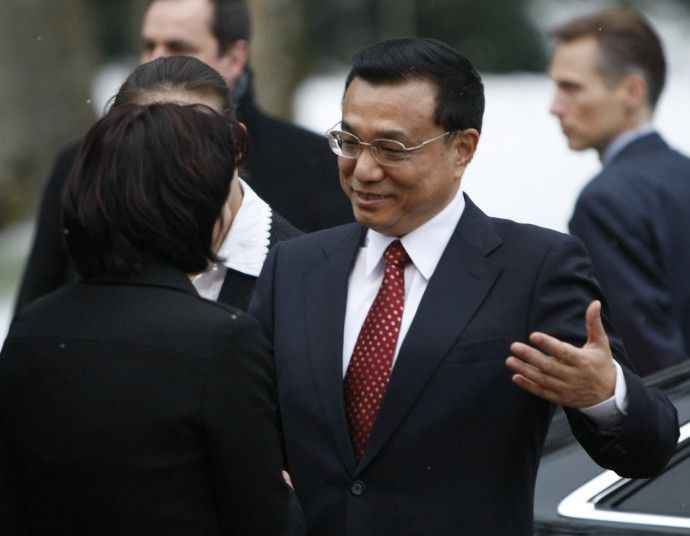China Amends State Secrecy Laws To Promote Government Transparency

China’s government is taking steps to become more transparent as new rules regarding the country’s encompassing state-secrecy laws are loosened. In a new directive signed by Premier Li Keqiang, government departments are told they “must not label as a state secret any information which by law ought to be public.”
According to Caixin Online, a Chinese business magazine, the new order, which will come into effect on March 1, loosens the definition of what should be protected by the law, making it surprisingly more flexible. “The scope of what is secret should be adjusted in a timely manner according to changes in the situation,” says the law, which however also states that “possible leaks of state secrets should be reported to departments in charge of state secrecy within 24 hours.”
China’s state-secrecy laws, which were established in 1990, have been used in the past by officials as a vague umbrella term, to cover up information that may not necessarily be a secret of the state, but rather anything from annual execution numbers to disease outbreaks. In addition, public information can be retroactively labeled as a state secret, allowing once-available information to disappear.
As a result, for a long time, activists against the secrecy law have called for clarifying language to prevent officials from withholding information in order to cover up embarrassment or even, in some cases, criminal behavior.
Though the new rules suggest that the notoriously convoluted and often secretive Chinese government is willing to be more open with its citizens and the rest of the world, the reality of it, some critics say, still isn’t enough. In a report on Voice of America, Sharon Hom, the Executive Director of Human Rights, a nonprofit group, in China, said that the amendments do not change the specificity of what can be classified as a state secret, like data on environmental disasters, health pandemics, or consumer safety.
“When we get an answer to that and they declassify that information then we can say there has been some real progress in transparency and access to information. But right now, it’s a big question mark,” she said.
Hom was able to document specific instances where the retroactive classification was used to hide information from the public. “We documented 42 cases where it’s clear that it was not a state secret at the time the person disclosed it or transmitted or given it to somebody else, it became state secret when it was determined that its disclosure caused harm,” she said.
© Copyright IBTimes 2024. All rights reserved.






















